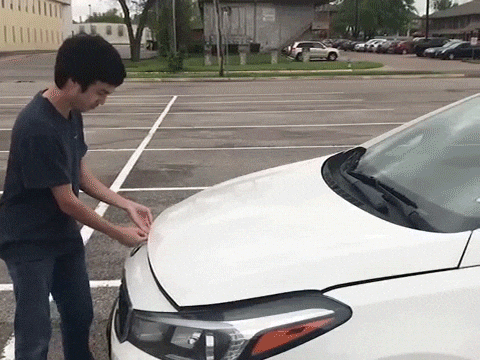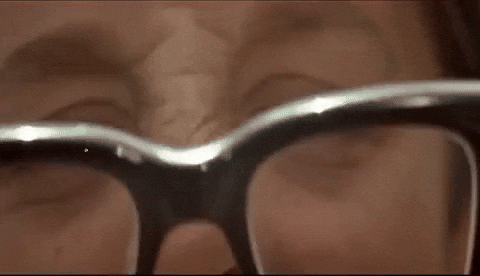Many of our social media feeds are inundated with pictures and videos of animals being cute. If you're anything like me, you purposely seek these adorable creatures out. However, sometimes their cuteness is almost too much to bear. That sensation is often called "cute aggression"
Sometimes we find a creature so darn cute that we want to squeeze it.
The idea of squeezing something that we love at first sight is a little off-putting and seems completely opposite to our feelings toward the creature.
Because of this confusion, scientists set out to find out just what happens in our brains when we experience "cute aggression", an urge they defined as:
"to squeeze, crush or bite cute things, albeit without any desire to cause harm."
The researchers from University of California, Riverside who wrote the paper on the study said,
"Most of the feelings for cute aggression can be viewed as contradictory, such as in the event of receiving a new puppy and simultaneously crying and smiling."
The study included 20 males participants and 34 female participants. The volunteers were shown numerous images of animals and babies of varying cuteness. As they viewed the images their brain signals were monitored and they were also extensively surveyed on their feelings of "cuteness".
The study showed that greater brain activity, especially the areas tied to emotion, was experienced when participants viewed cuter animals. Furthermore, the cuter a participant found an image, the more activity their brain had in its reward center.
One of the researchers, Katherine Stavropoulos, spoke about their findings.
"It's not just reward and it's not just emotion. Both systems in the brain are involved in this experience of cute aggression."
But why do we react with both reward and emotion?
According to Stavropoulos, it might be an evolutionary trait.
"[I]f you find yourself incapacitated by how cute a baby is—so much so that you simply can't take care of it—that baby is going to starve."
She continued to explain.
"Cute aggression may serve as a tempering mechanism that allows us to function and actually take care of something we might first perceive as overwhelmingly cute."
Many people are glad to know that their "cute aggression" is not a sign of something more disturbing.
Finally, people feel comfortable divulging their own "cute aggression".
Researchers are hoping that this study can lead to studies on how mental disorders, like postpartum depression, affect an individual's experience with "cute aggression".








 Judge Judy Eye Roll GIF
Judge Judy Eye Roll GIF






 @elonmusk/X
@elonmusk/X

 Loop Home GIF by Homepoet.de
Loop Home GIF by Homepoet.de Solar Energy GIF by Nexamp
Solar Energy GIF by Nexamp
 Shave Shaving GIF by Shawn Mendes
Shave Shaving GIF by Shawn Mendes The Sandlot Wow GIF
The Sandlot Wow GIF